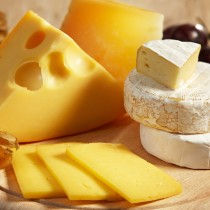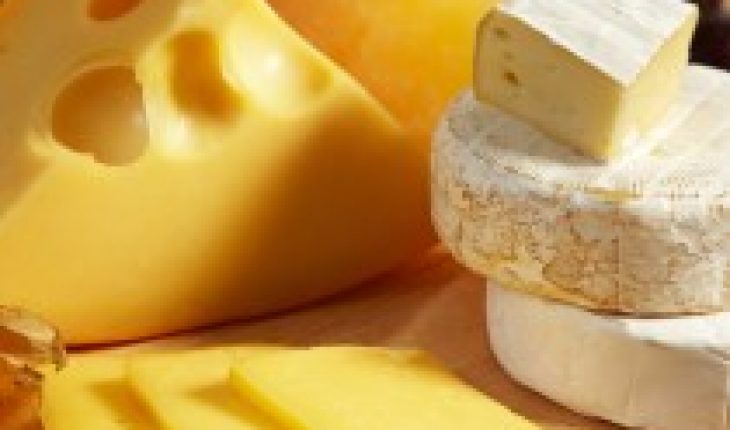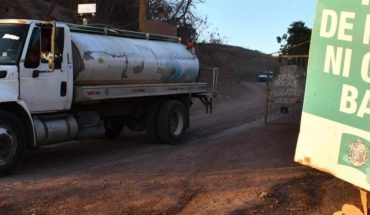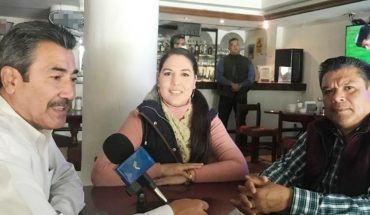
The World Dairy-Free Week campaign, which took place in its 4th version between 22 and 29 August this year, is an initiative that takes place worldwide.
It seeks to encourage consumers to try a dairy-free diet for seven days, considering health, animals and the planet, especially taking into account the relationship of their production and consumption in global warming, according to the recent IPCC report.
Dairy products are among the most consumed animal products worldwide. Faced with the important consequences of its production and consumption, “people are invited to be encouraged to explore this alternative for only a week, so that they can see the benefits of this diet for themselves”, says Kerstin Reichmann, head of Food Change of the NGO and Coordinator of the campaign of the Vegetarians Today Foundation.
“To those who register, we will accompany them virtually with recipes, suggestions, nutritional data, and all the necessary information to try this alternative and enjoy the process,” he explains.
From the point of view of the impact on human health of dairy consumption, Constanza Romero, nutritionist and president of the Chilean Association of Vegetarian Nutritionists (Achinuv) adds important data: “Cow’s milk protein is the most common allergen in children and it is estimated that at least 75% of the world’s adult population suffers from lactose intolerance… This is a clear physiological signal that shows that the human body is only adapted to receiving breast milk during its first years of life. In addition, both in infants, adolescents and the adult population, an association between the consumption of cow’s dairy products and the generation of acne has been demonstrated.”
Climate change
Another point to take into account is the contribution of the dairy industry to climate change, as its production alone accounts for 20% of emissions from animal agriculture and around 4% of global greenhouse gas emissions. According to FAO data, world milk production has increased by more than 50% in the last three decades, from 500 million tonnes in 1983 to 769 million tonnes in 2013. Its level of destruction of land and biodiversity is enormous and invaluable, leaving irreversible consequences on our environment.
The consumption of dairy products also has a high moral implication taking into consideration the use and abuse suffered by cows by the industry in milk production, where by artificial insemination they are constantly pregnant throughout their productive life, although they can live on average twenty years, many of them are sent to a slaughterhouse barely four or five years, when their milk production decreases.
“Since childhood we have been taught that the cow ‘gives’ us milk constantly, but the truth is that – like all females of mammalian species – the cow produces milk only when it has been a mother and has a calf to feed. To this end, the industry constantly keeps it in the lactation stage so that its production does not cease. While the calf is separated from its mother as soon as it is born, and is deprived of the milk she produces for him. This creates stress and suffering for both of them. I don’t think any mother should go through such a painful process so that we can add cheese to a sandwich,” Reichmann concludes.
The call then made by the Foundation is those who care about health, animals and the planet, to be part of the World Dairy Week, registering on the vegetarianoshoy.org/semanasinlacteos portal, where for a week they will be receiving daily tips, recipes and other data that will help leave dairy off your menu.
In addition, among all the entries, important prizes will be raffled, such as baskets with products or the well-known Miomat machine, to prepare homemade vegetable drinks.





